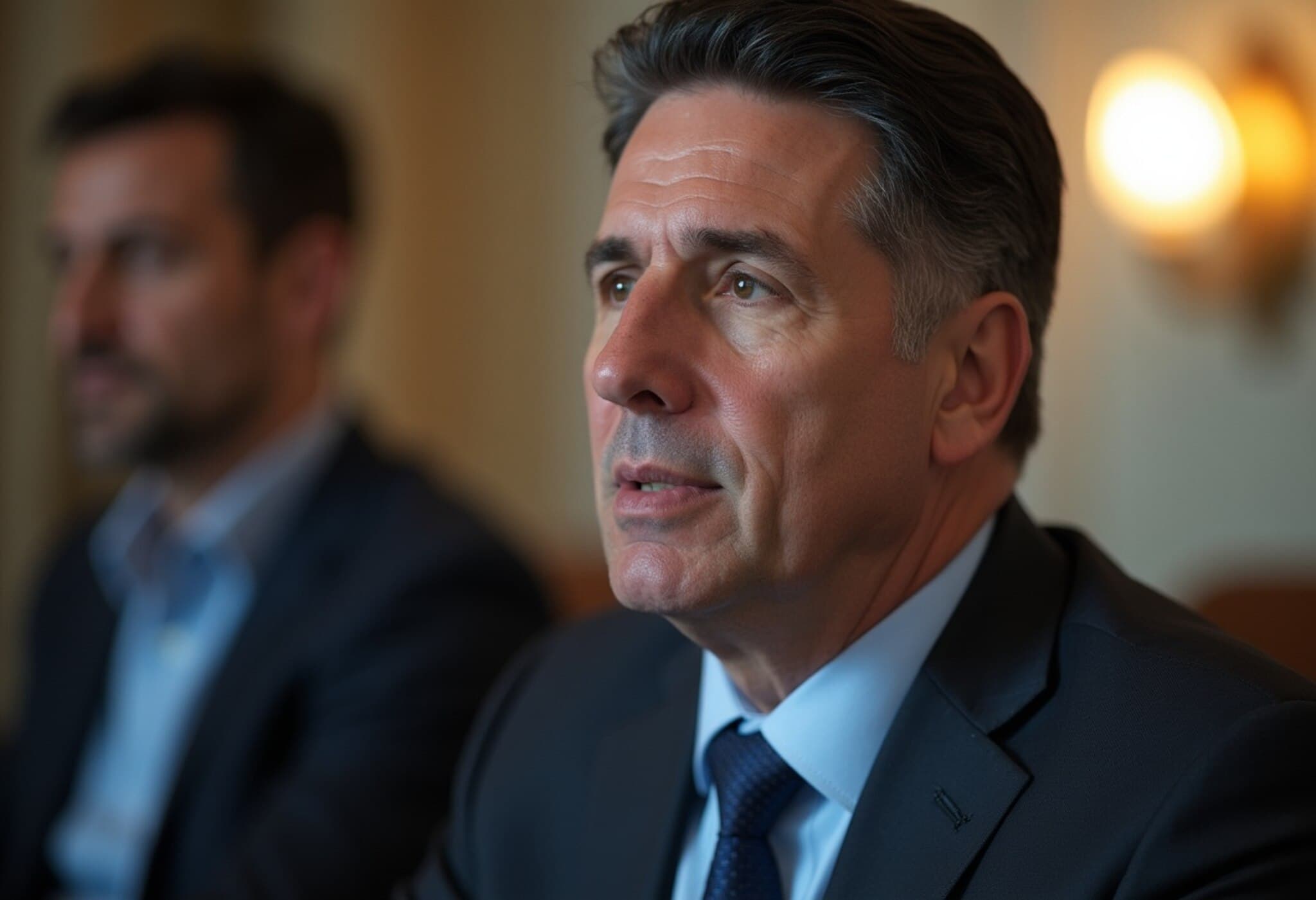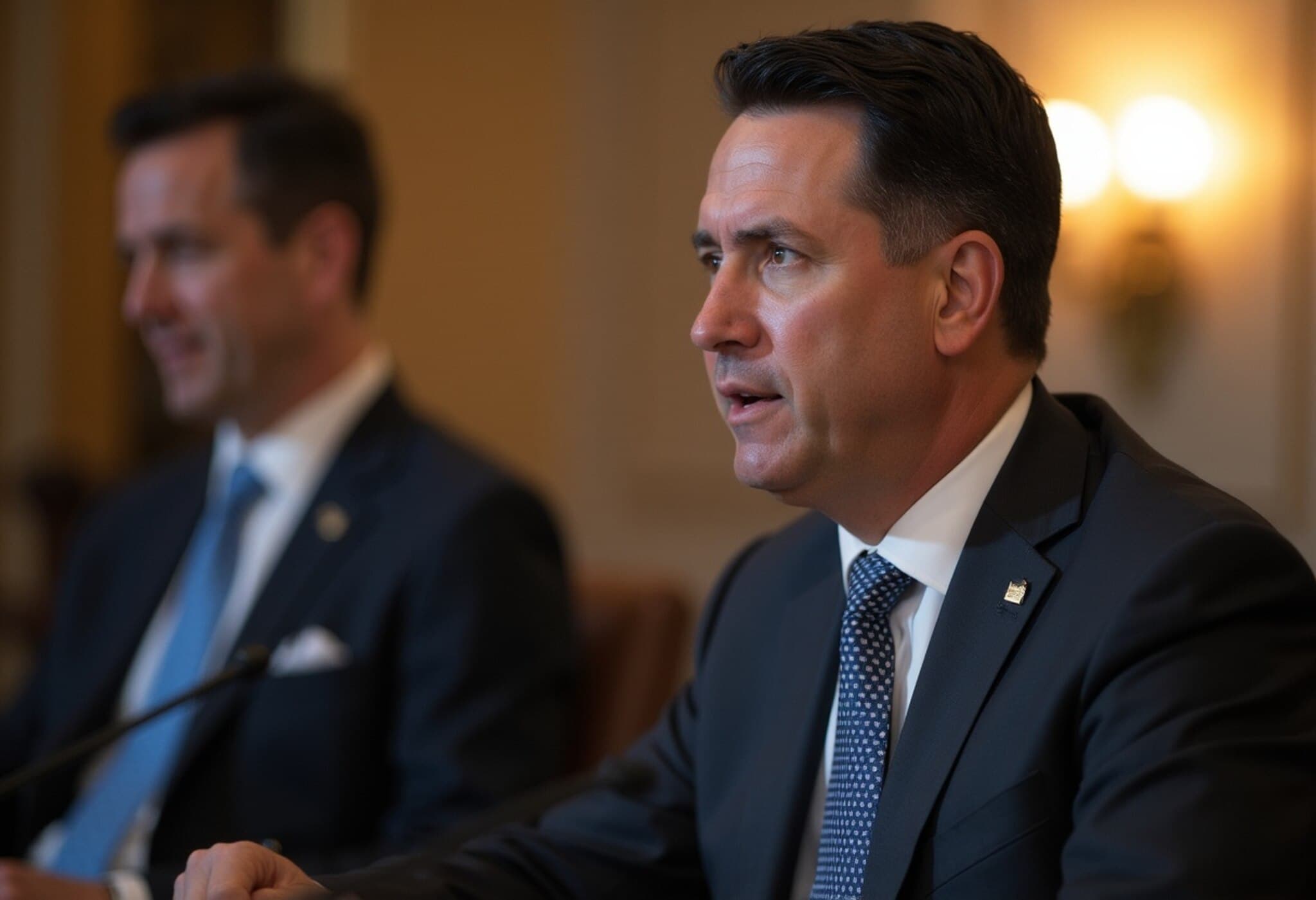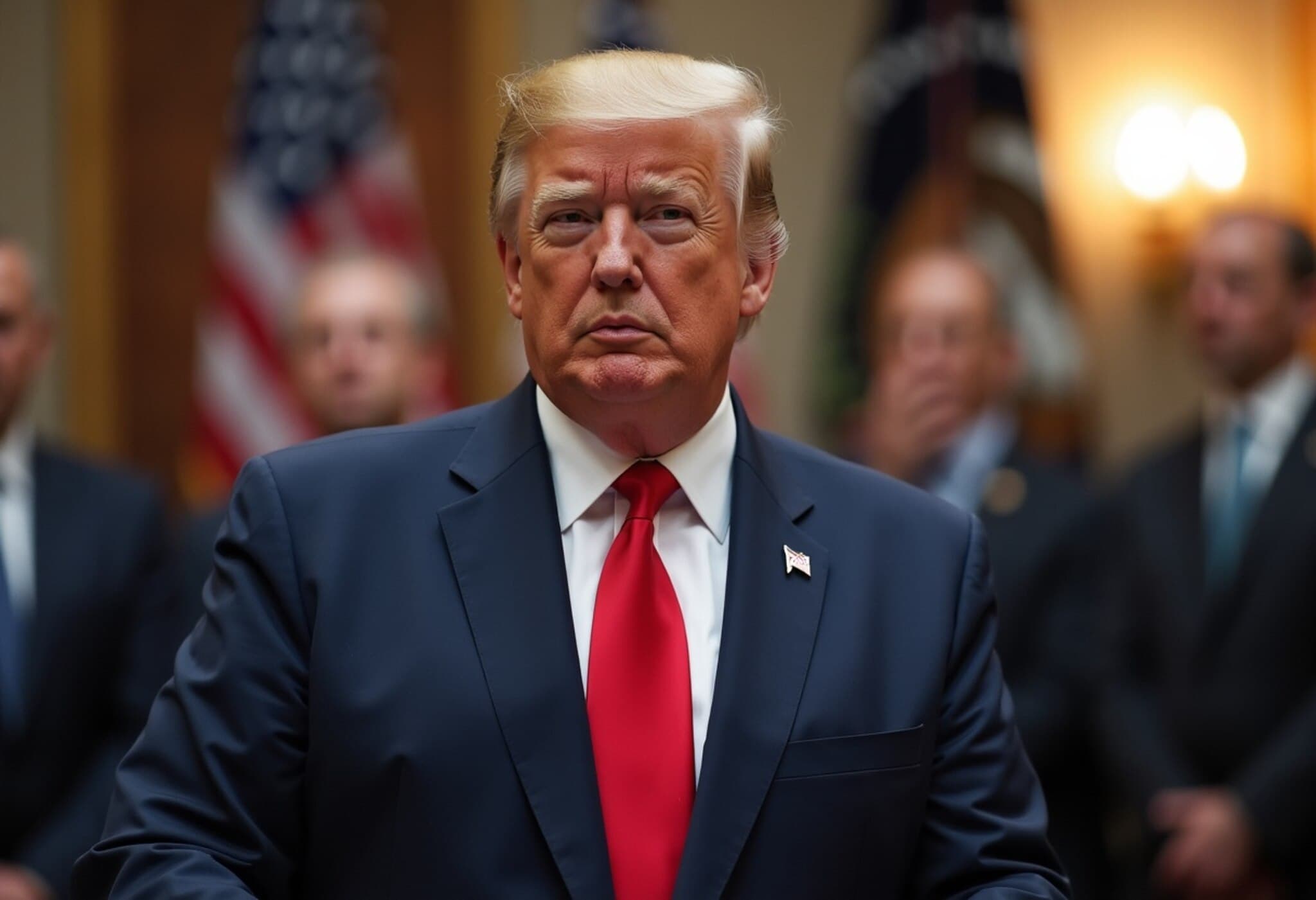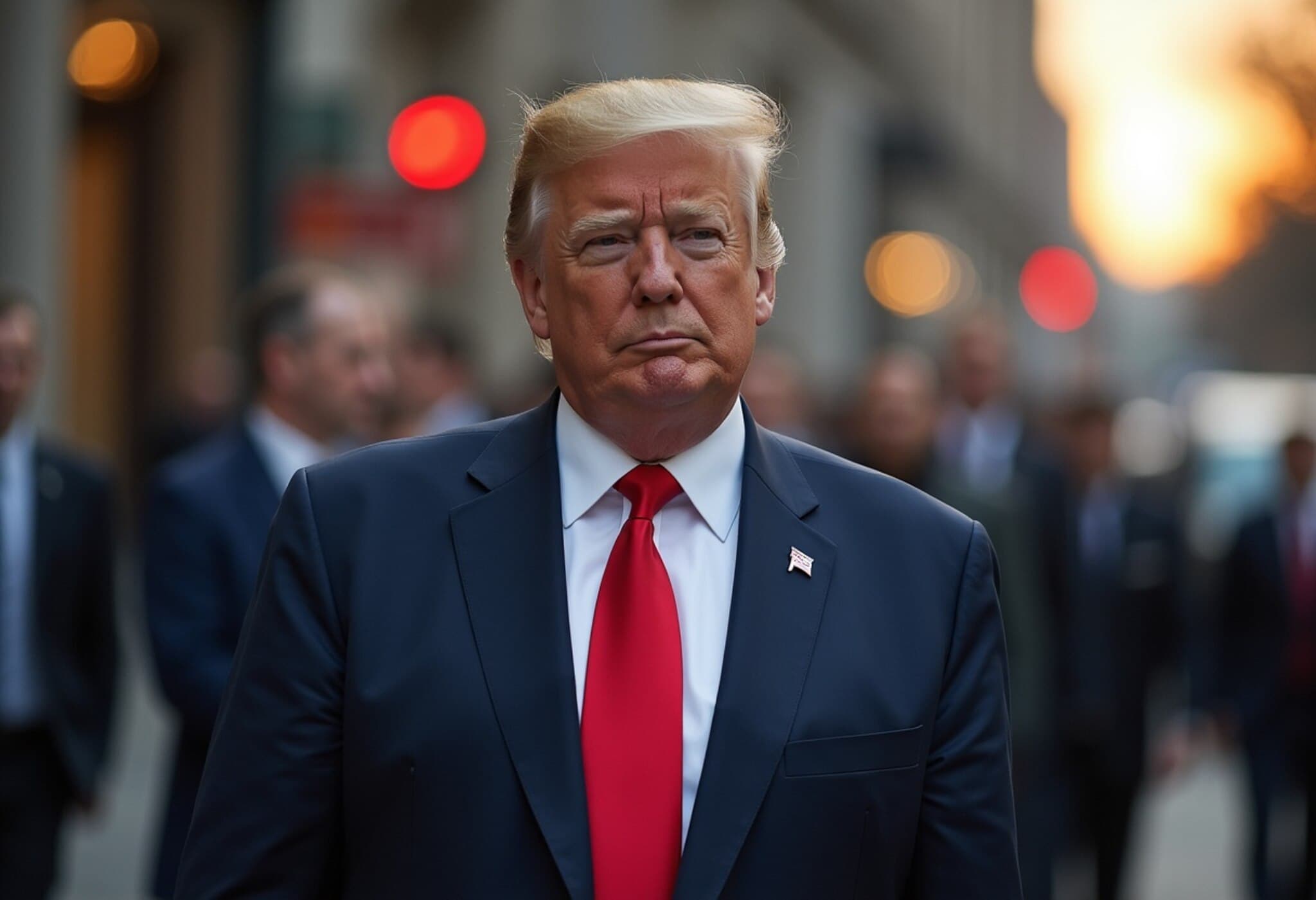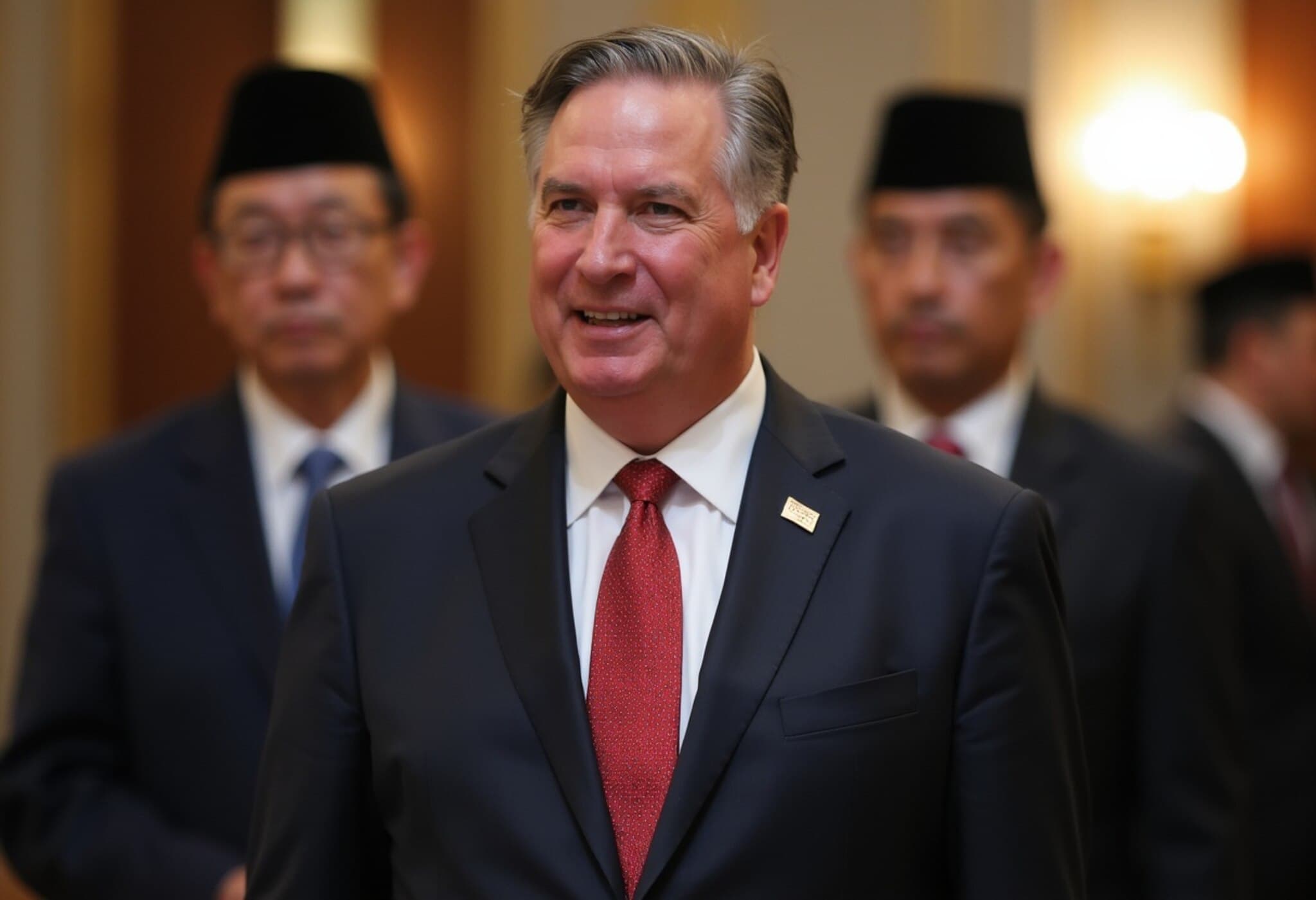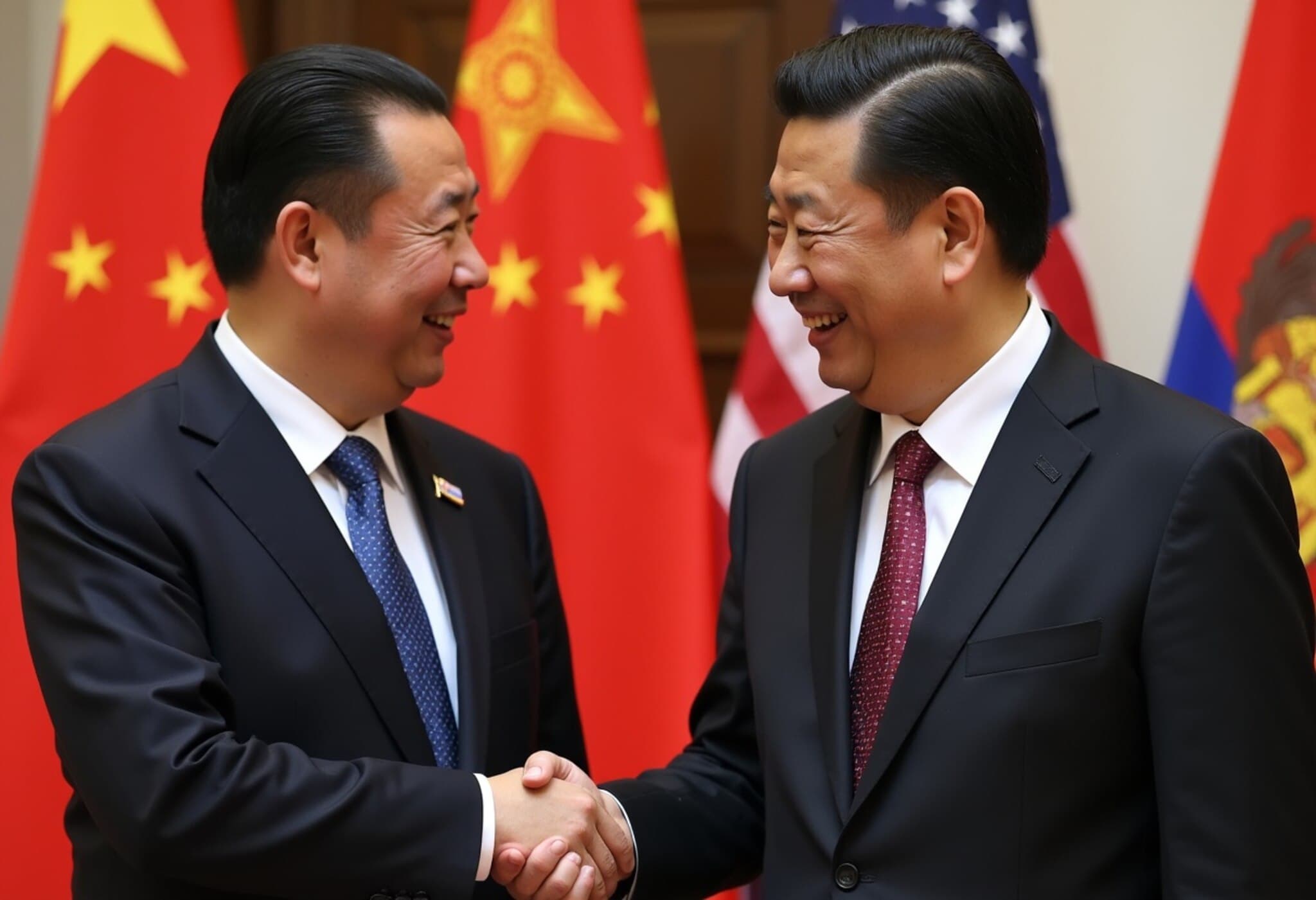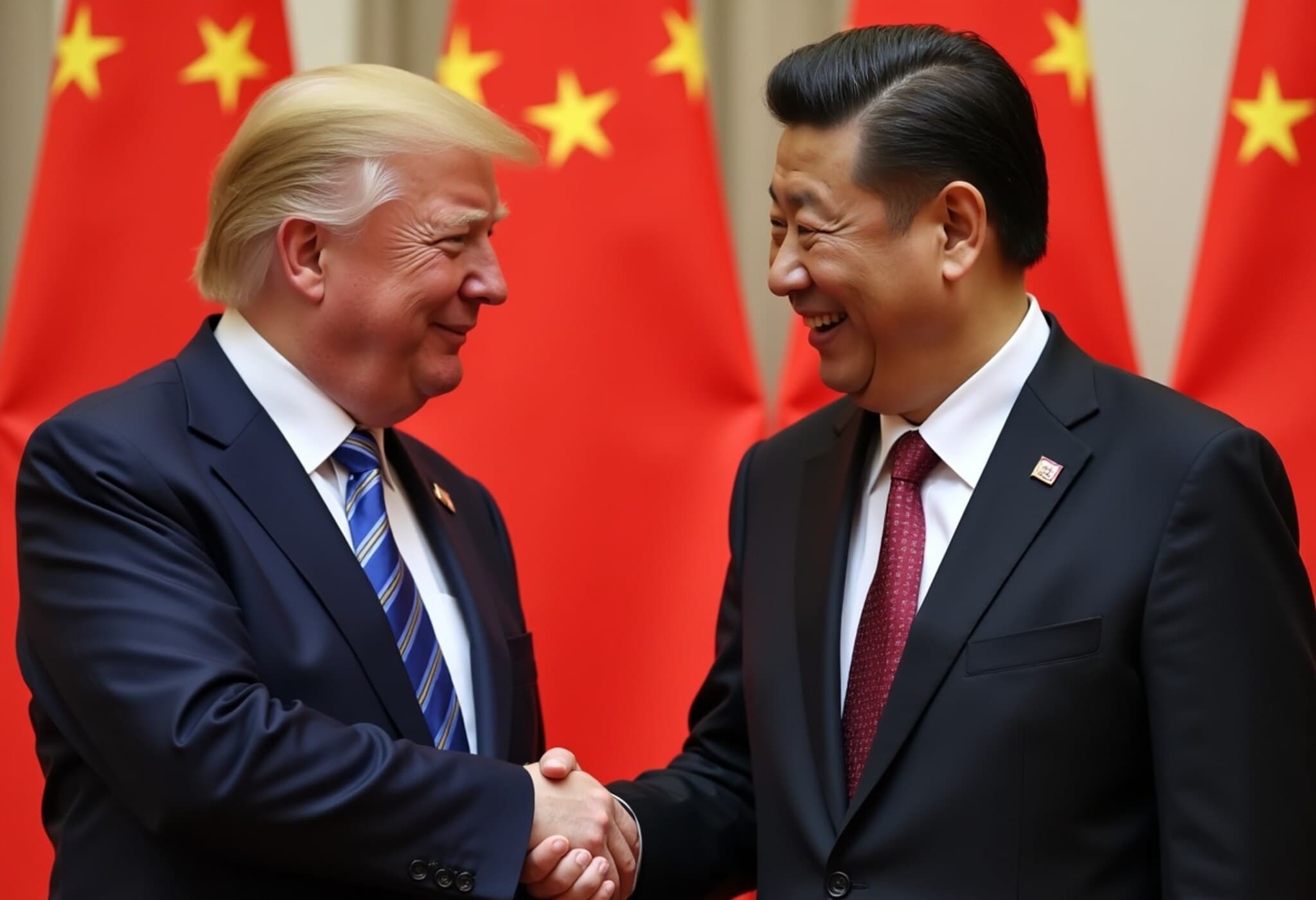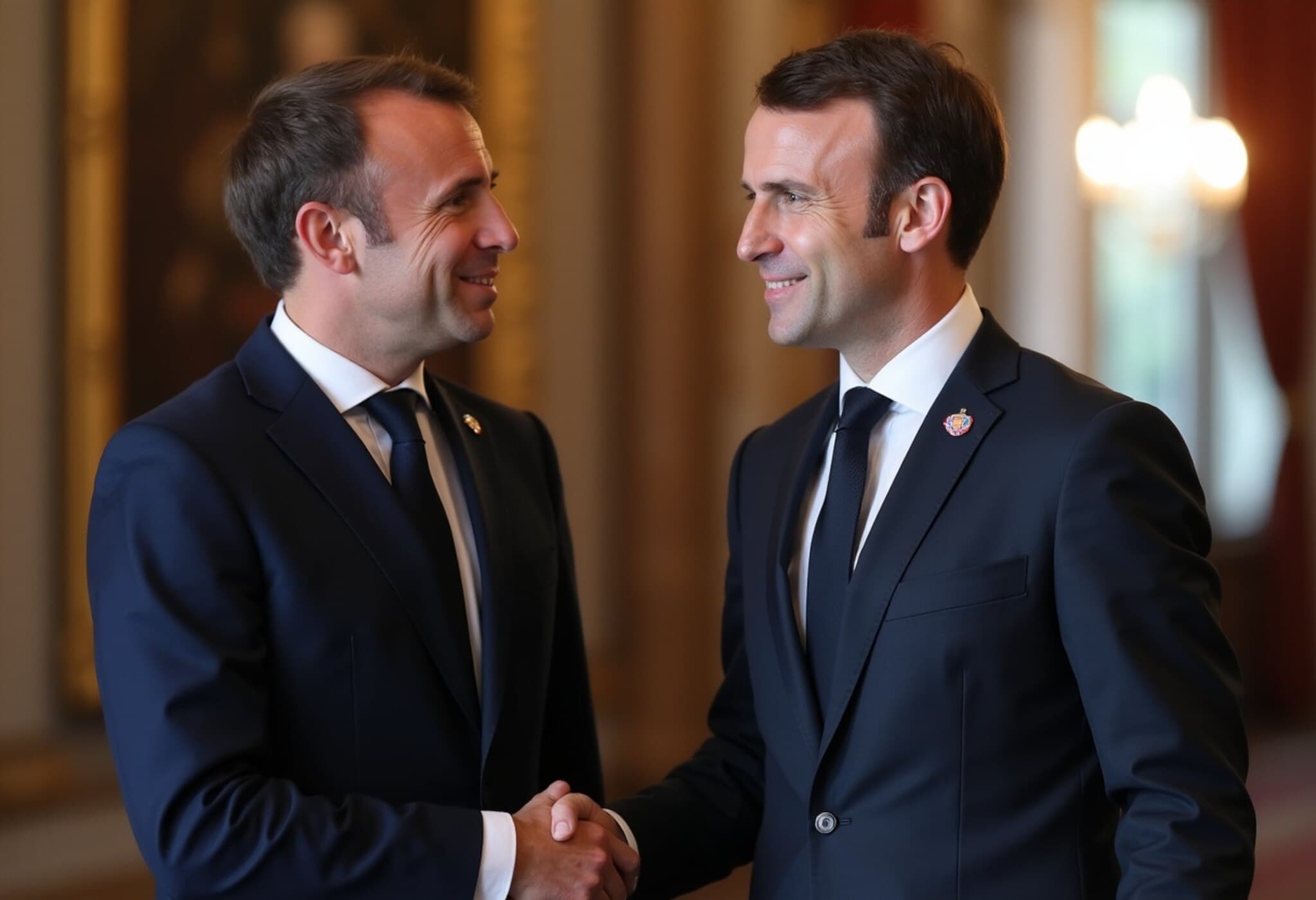AI-Powered Scams Reach High-Level Diplomacy: The Case of Marco Rubio's Voice Impersonation
In a startling demonstration of how artificial intelligence is reshaping the cybersecurity landscape, an unknown actor used AI-generated voice technology to impersonate U.S. Secretary of State Marco Rubio, contacting multiple foreign ministers and senior U.S. officials. This incident, which occurred in mid-June 2025, exposes emerging vulnerabilities in international diplomacy where trust is paramount.
Details of the AI Impersonation Campaign
According to a confidential diplomatic cable reviewed by Reuters, the impersonator employed AI-generated voice messages and texts delivered via the encrypted Signal messaging app to reach out to at least three foreign ministers, a U.S. governor, and a member of Congress. At least two of the ministers received voicemails that mimicked Secretary Rubio’s voice with unnerving accuracy.
The communications aimed to encourage dialogue and lure recipients into engaging on Signal, a platform known for its strong privacy features.
“The actor likely aimed to manipulate targeted individuals using AI-generated text and voice messages with the goal of gaining access to information or accounts,” the State Department cable said.
Context: Rising Threats in Government Cybersecurity
This incident follows a broader uptick in sophisticated cyber deception campaigns targeting government officials. Just weeks earlier, a conversation involving information about military operations in Yemen was leaked after a former national security adviser inadvertently shared it in a Signal group chat, highlighting risks even with secure platforms.
The FBI had already issued warnings in May about scams involving AI-generated impersonations of senior U.S. officials via voice calls and texts, used to pry into personal accounts of federal and state officers. These tactics could facilitate further intrusions, info theft, or financial fraud.
Potential Motivations and Attribution Challenges
The official cable refrained from naming any suspects but referenced a prior phishing campaign in April linked to Russian intelligence operatives. That effort used cleverly spoofed @state.gov emails and authentic-looking branding to target think tanks, dissidents, and former State Department staff.
Such campaigns showcase deeply researched reconnaissance — the actors demonstrated detailed knowledge of internal State Department naming conventions and documentation, making detection and defense particularly challenging.
A senior State Department official, speaking anonymously, assured that the department takes cybersecurity seriously and is actively investigating this AI imitation incident while enhancing safeguards.
Broader Implications for U.S. Foreign Policy and Cyber Defense
This episode underlines the rapid evolution of AI as a tool for espionage and deception on the global stage, presenting novel challenges to diplomatic integrity and trust. It raises serious questions about the preparedness of international institutions to recognize and counter AI-driven misinformation and impersonation.
- Escalating AI Threats: As natural language and voice synthesis improve, distinguishing real from fake communications demands stronger verification protocols.
- Diplomatic Security Practices: The incident could prompt U.S. and allied governments to rethink communication standards and personnel training to spot AI-based scams.
- Legal and Policy Responses: Calls for regulatory frameworks addressing malicious AI usage may increase, balancing innovation with national security.
Experts suggest that governments worldwide will need to invest not only in cybersecurity technology but also in digital literacy for officials to navigate these complex threats effectively.
Unanswered Questions and Next Steps
Many critical details about the perpetrators and their end goals remain undisclosed, making it difficult to assess the full scope. Was the objective espionage, financial gain, sowing discord, or a combination of factors? How will diplomatic relations adapt if digital impersonation becomes common?
These questions echo a growing global debate about AI ethics, security, and trust in official communications.
Editor’s Note
This landmark case of AI-enabled impersonation targeting U.S. diplomacy spotlights a new frontier in cybersecurity. As artificial intelligence makes deepfakes more accessible and convincing, safeguarding our political and diplomatic institutions requires a multi-layered approach — from cybersecurity investments to education and policy innovation. Readers should consider how evolving technology challenges traditional notions of authenticity and security in government affairs. How prepared are we, both at institutional and individual levels, to discern reality in an age of synthetic voices?










